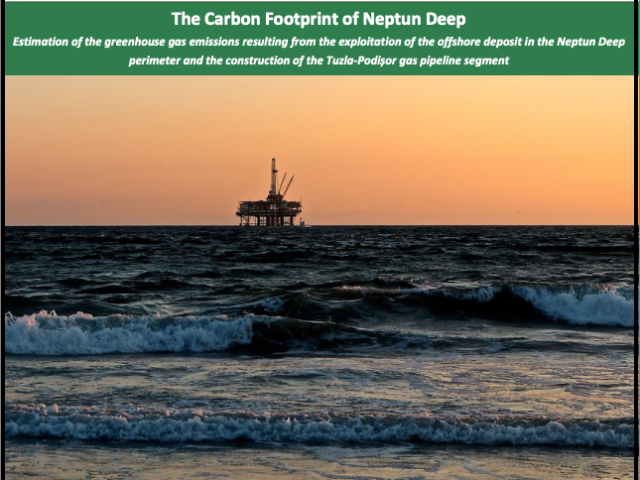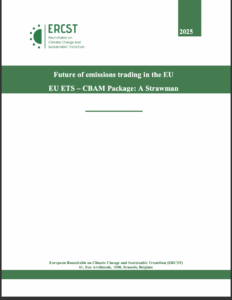The increasing ambitions towards net-zero stipulated by the Paris Agreement, the EGD and via voluntary targets from companies, implies that accounting and complying for indirect emissions from Scope 2 and 3 will play an ever-increasing role in achieving these pledges. It is also important to mention that most companies, regulated under EU or national obligations, have significant Scope 2 and 3 emissions.
From the regulatory standpoint, a holistic view on how Scope 2 and 3 emissions are addressed and accounted for has been lacking. The main directives which currently govern the EU’s ambition and corporate compliance are set through Scope 1 emissions.
In view of the growing importance of addressing supply chain emissions, in 2021 ERCST has embarked on an exploration of the main issues and options regarding how to identify and measure these emissions, and what role they should play in the transition to a low-carbon future.
As part of the project, ERCST organized stakeholder workshops with key stakeholders and conducted consultations with government representatives from the various EU Member States. As a result of these activities, ERCST published a report ‘Role of supply chain emissions in decarbonization and compliance’ that examines the conceptual and methodological issues around measuring, attributing and accounting for supply chain (Scope 3) emissions and explores policy options for incentivizing supply chain emissions reductions.
RECENT PUBLICATIONS
The Carbon Footprint of Neptun Deep
Author(s): Andrei Marcu, Alexandra Maratou, Sara SvenssonRole of Supply Chain Emissions in Decarbonization and Compliance
AUTHOR(S): Marina Monciatti, Andrei Marcu and Michael MehlingRECENT AND UPCOMING EVENTS
Report Launch: Role of Supply Chain Emissions in Decarbonization and Compliance
September 21 @ 14:00 - 16:30



